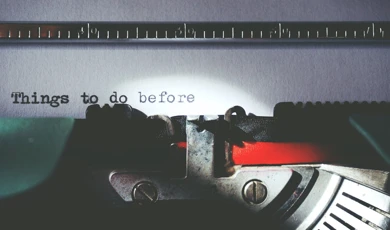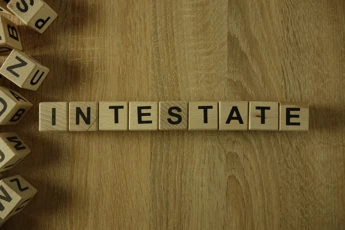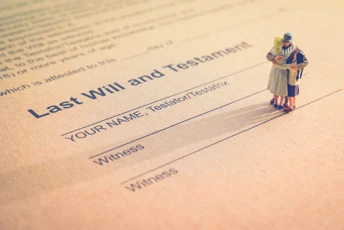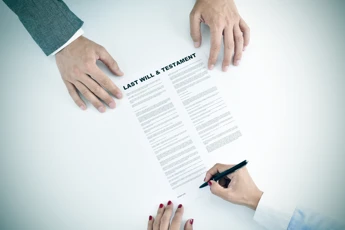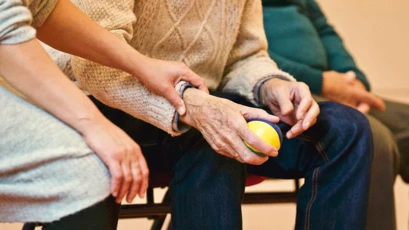The age at which someone should write a will very much depends on individual circumstances. You can make a will any time after you turn 18, but there are some life events that may be considered as triggers that lead to you writing one.
Financial independence
Some people become financially independent from their parents quite quickly, while others continue to depend on them well into their twenties - for example, they may be attending university during this time. Under the Intestacy rules, if an unmarried person without children dies without writing a will, their assets will go to their parents (or other relatives if the parents are deceased).
Getting married
Marriage, civil partnership, or even a long-term relationship might be a trigger for writing a will. These triggers may have less to do with age, and act as more of an acknowledgement that you want to provide for your spouse/partner in a manner that differs from what the Intestacy rules would dictate.
This could apply to long-term couples who aren’t married or in civil partnerships, but who own a house together or have arrangements that would be disrupted if the Intestacy rules were to apply.
Having children
When you have children, you’re likely to have two main concerns about what happens when you die. First and foremost, who will look after them? Secondly, what assets will be available to provide for their welfare? A will enables you to address these points, as you can use it to appoint guardians for your children, and allocate money/other assets for the benefit of your children.
Remarriage
A person who remarries, either after a divorce or following the death of a spouse, should make a new will. Any prior will (other than one made in the lead up to a new marriage) will be automatically revoked by the new marriage. This applies equally to civil partnerships.
Terminal Illness
A person with a terminal illness who doesn’t have a will may want to make one, rather than have all their assets pass under the Intestacy rules. Sometimes, people with terminal illnesses have a particular desire to make a charitable request to a hospice, a charity related to their disease, or to the care and treatment they have received.


